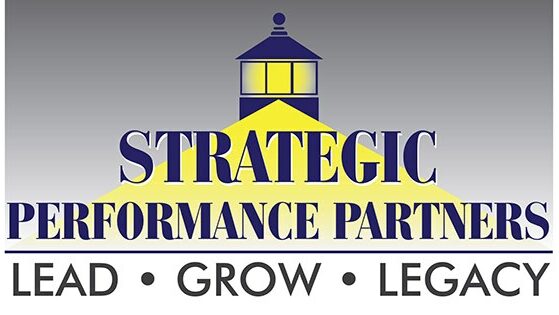With the HR professionals in many of my clients, I have seen increased interest in HR analytics. Many of these clients see it as an opportunity to have a larger impact on their organization’s success. HR analytics can provide quantitative measurement for many of the challenges they face on a regular basis. I believe there are several additional advantages available to HR leaders who learn how to use and leverage HR analytics in their organization.
What four major business trends are increasing the speed of HR analytics adoption? Over the next several weeks I’ll share several blogs on these emerging HR trends. I will also be attending the IBM Outthink program in Los Angeles on September 28 with clients. You still have time to register here. Today I share several trends that I see impacting my clients’ HR teams. See if you agree. Let me know what you would like me to find out when I attend the conference later this month.
The first business trend impacting HR analytics adoption is the rise of more complicated teams working together across your organization. Teams are the way many great organizations are able to maximize the impact of many generations working together in the workplace. In the coming years, we will see cross functional teams change the way we do business.
HR analytics will help us put the right people on the right teams at the right time. HR analytics offers us an incredible opportunity to see what kind of people work well together and which don’t. Today, many projects are led by professionals who want to know more about who is on their team and how to get the best performance out of themselves and their fellow team members. HR analytics can help with this.
The second business trend accelerating HR analytics adoption is the issue of workforce engagement. Over 80% of senior levels executives are concerned about the level of engagement in the people within their organization. Low engagement numbers translate into lower retention rates and significant cost to train new employees when they start on new projects.
HR analytics can help point out problems earlier than in the past. It also provides a more accurate assessment of the job your managers are doing to get the best performance out of their teams. Used correctly, HR analytics can become an incredible tool to help develop better managers and leaders. We will return to this topic in several future blogs.
The third business trend accelerating HR analytics adoption is on how you compensate your team members. In the past, old compensation programs were not designed to reward the highest performer and identify poor performance. Many organizations have struggled with how to compensate their organization’s best performers because they had a hard time identifying what makes an extraordinary performer extraordinary. Compensation programs were designed to reward people equally and many organizations lost key contributors because they were unable to meet the employees’ unique needs and contributions.
In addition, many high growth organizations wait too long before providing employees with the needed training to help them improve their teams’ performance. New HR analytics can help you break down larger activities into sub activities that help the manager provide coaching early and as needed to make a large difference in team member’s performance. HR analytics can provide your managers insights that may not have been seen in the past.
The fourth business trend accelerating HR analytics adoption is increasing competition to attract, recruit, and hire the best people for your organization. I believe we are entering a talent driven market. The best people in the market have their choice of where they want to work. As an executive recruiter, I’m often surprised how close the competition is when hiring the best people. Very seldom is the gap between two companies competing for a great employee large.
HR analytics allows you not only to provide a more competitive offer, but also the right offer to get the candidate to come work with you. Don’t worry, I’ll explain what I mean in a blog that explores why you didn’t get the candidate that you thought you had. I think you might find it interesting what I’ve seen over the past 25 plus years and hundreds of executive searches.
HR analytics can provide your organization a significant advantage over your competitors in the market. The fact is HR analytics is neither art nor science. It’s a combination of both. What does this mean to your application of HR analytics? Over the next several weeks, on Tuesdays leading up to the conference we will explore these trends in more depth. I will provide implementable ideas that will help you achieve your goals with your HR analytics programs. After the conference I’ll come back and share what I’ve uncovered to help you get even better results from your analytics investment.
Starting next Friday, and every week after that I will provide you with more insights on developing your management and leadership skills in a changing world. See you next week.

